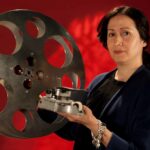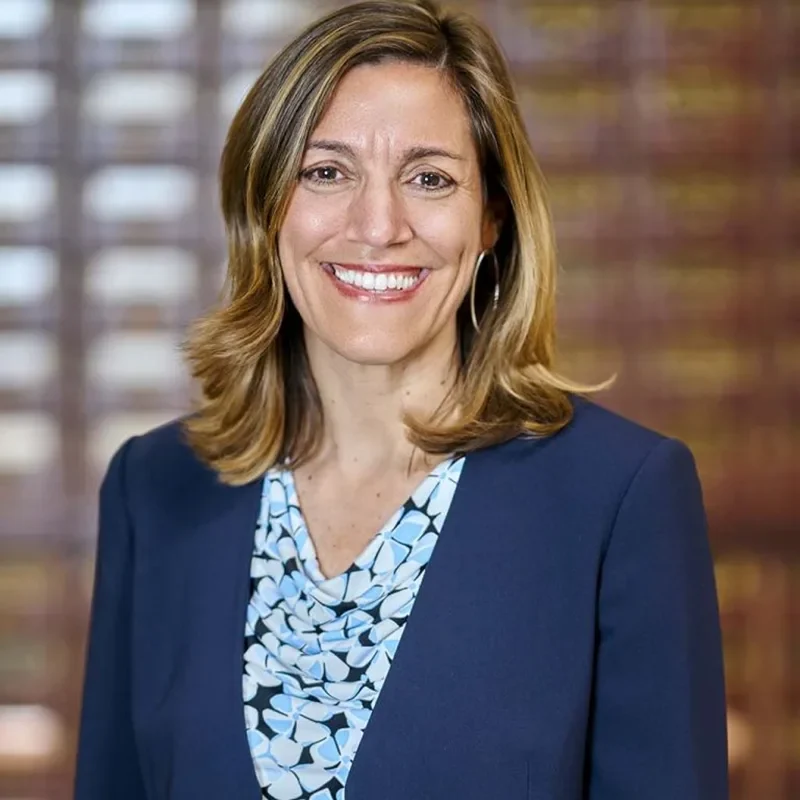IMPORTANT PARKING/PROGRAM DETAILS BELOW!
Special Events: Beginning at 6:00 p.m., all attendees are invited to view the brand-new exhibition Visualizing Language: Oaxaca in L.A. Light refreshments will be served. The exhibit is on the second floor of the Central Library and will not be available for view after the program. LFLA Members are invited to stay for a special reception in the Taper Courtyard after the program.
Parking: Before 7:00 p.m, parking is available in the Westlawn Garage underneath the Library at 524 South Flower Street. If you arrive at 7:00 p.m. or after, Flower Street and the Westlawn Garage entrance on Flower Street will be closed. The open entrance will be on Grand Avenue, between 5th and 6th Streets. On Grand, you will turn right in to the first driveway after the 5th Street intersection. A Library Security Officer will be present. We apologize for any confusion caused by the ongoing construction projects in the downtown area. Please plan ahead and allow extra travel time. We recommend taking public transportation or ride share services such as Uber or Lyft.
As Lost & Found at the Movies is free of charge, it is our policy to overbook. In the case of a FULL program your free reservation may not guarantee admission. We recommend arriving early. Unclaimed reservations will be released to standby patrons at the start of each program.
In celebrating the breadth and diversity of Latino film culture in Los Angeles, we’re joined by actor and filmmaker Edward James Olmos, LA born and bred, for a look at the films and experiences that were formative to his work as well as his role in the emergence of a strong, distinctive cinema that countered stereotypes and offered complex stories of Latino characters and communities.
As a prologue, we also explore one of the most fascinating but overlooked stories in Hollywood history: the Spanish-language features produced by the studio system in the early years of talkies, after the introduction of sound threatened Hollywood’s once universal product. These films (like Universal’s 1931 Dracula in which you will find Carlos Villarias rather than Bela Lugosi bearing fangs) as well as those imported from Latin America, sustained a string of downtown theaters and a thriving film culture from the 1930s to the early 1960s.
Sadly many of these movies, stars and theatres have been lost to time, but we remember them with film archivist Alejandra Espasande-Bouza (Academy Film Archive) along with a sneak peek at some rare treasures forthcoming from the Academy Film Archive and the UCLA Film & Television Archive PST programs.
LFLA Members enjoy exclusive access to the exhibition Visualizing Language: Oaxaca in L.A. prior to the program, and a Member Reception to follow the program






